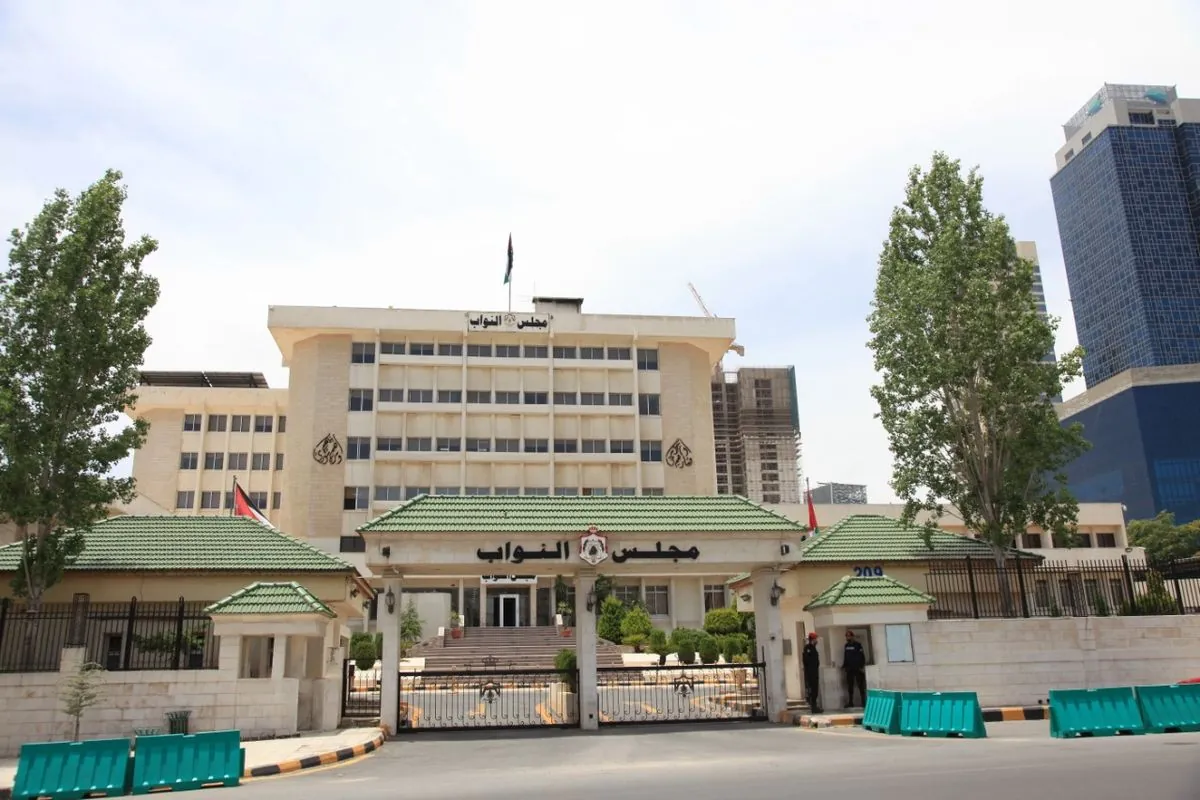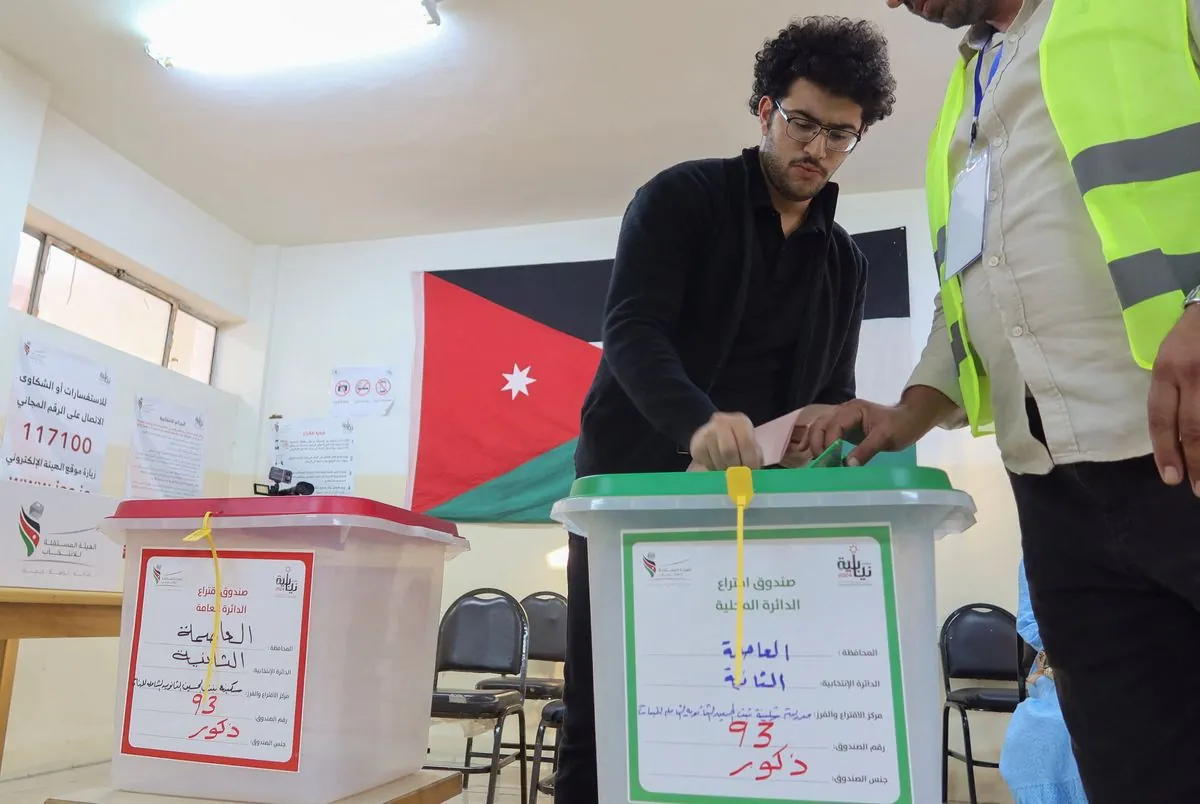Jordan's Islamist Opposition Gains Ground in Parliamentary Election
Moderate Islamists make significant gains in Jordan's parliamentary election, benefiting from new electoral law and regional tensions. Low voter turnout reported amid ongoing democratization efforts.

In a recent parliamentary election held on September 12, 2023, Jordan's moderate Islamist opposition achieved notable success, according to initial official results. The Islamist Action Front (IAF), the political arm of the Muslim Brotherhood, secured approximately one-fifth of the seats in the 138-member parliament.
This outcome was influenced by several factors, including:
- A new electoral law allocating 41 seats specifically for political parties
- Public sentiment regarding the ongoing conflict in Gaza
- The IAF's increased visibility through recent protests supporting Hamas
Despite these gains, tribal and pro-government factions are expected to maintain their dominance in the assembly. The election saw a modest increase in voter turnout, with 32.25% of Jordan's 5.1 million eligible voters participating, compared to 29% in the previous 2020 election.
Wael al Saqqa, head of the IAF, expressed gratitude for the public's trust, stating:
"The Jordanian people have given us their trust by voting for us. This new phase will increase the burden of responsibility for the party towards the nation and our citizens."
The election is part of a broader democratization process initiated by King Abdullah II, who has ruled Jordan since 1999. This process aims to balance political reforms with maintaining stability in a region fraught with conflicts. Under Jordan's constitution, the king retains significant powers, including the ability to appoint governments and dissolve parliament.

Jordan's political landscape is shaped by its unique demographics and history. The country, with a population of about 10 million, has been a constitutional monarchy since gaining independence from British administration in 1946. The Muslim Brotherhood has operated legally in Jordan since that time, though it faced increased scrutiny following the Arab Spring in 2011.
The kingdom faces numerous challenges, including:
- Limited natural resources and water scarcity
- High unemployment rates
- Hosting large numbers of Palestinian and Syrian refugees
- Balancing regional alliances, including a 1994 peace treaty with Israel
Despite these issues, Jordan has maintained relative stability and continues to play a mediating role in various regional conflicts. The country's diverse landscape, from the Jordan Valley to desert regions, and historical sites like Petra contribute significantly to its tourism-dependent economy.
As Jordan navigates its path towards further democratization, the recent election results reflect the complex interplay of domestic politics, regional tensions, and ongoing reform efforts in this key Middle Eastern nation.


































